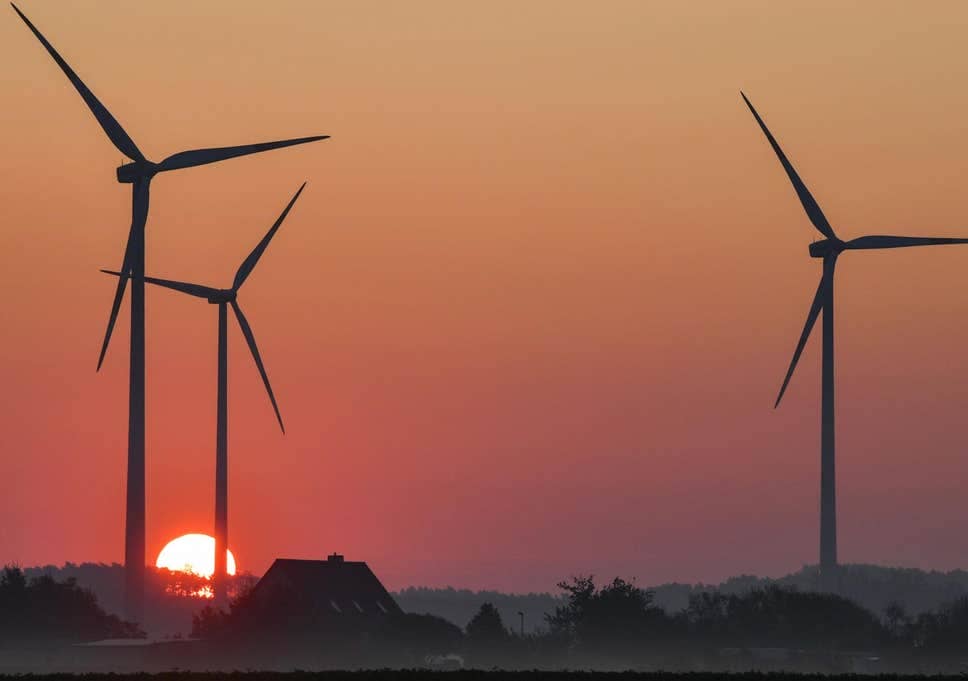Like most of the developed world, Germany’s energy demands are satisfied overwhelmingly using imported fossil fuels. More than half of the country’s energy comes from imports, at 63.7% in 2019. This compares with a Europe-wide average of 55.1%.
But given the urgent need for action on climate change, this is a situation that German policy-makers have been looking to rectify. The solution comes in the form of a set of policies collectively known as the ‘Energiewende’. This will see conventional fuel sources gradually phased out, with the country set to be totally reliant on renewables by the middle of the century.
And the answer isn’t just coming from government – the advent of new, greener technologies is helping Europe’s biggest economy to shift away from dirty energy sources, and toward cleaner ones.
Hydrogen Power
Gas power has a bad name. It’s dirty, expensive, and it has to be mined out the ground at a given place. But there’s one sort of gas that has none of these advantages: it’s everywhere, doesn’t cause any pollution when it’s consumed. It’s called hydrogen. The hydrogen found in natural gas is bound to other, more harmful gases, like carbon dioxide. If a method could be found to extract the gas from water using electrolysis, and then store it safely in the form of methane. Germany will invest €100 million each year into research of hydrogen power.
No More Nuclear?
German policymakers do not see nuclear power as part of a clean solution to the country’s fossil-fuel dependence, and will be phasing nuclear power out by 2022. The last station to close will be the Neckarwestheim station, which has been operating since 1989.
Wind
Of Germany’s renewable power production, a large proportion comes from onshore wind. The country is now home to more than 30,000 wind turbines, many of which are cited in rural areas where pressure from local activists. While popular support for the technology remains fairly high,
Sensors
Superior fuel efficiency at the smallest level means obtaining accurate data, and accurate data relies on cheap, precise sensors which can be deployed in fuel tanks, boilers, and electrical devices, and thereby reduce power consumption through millions of incremental efficiency-savings. Sensors of this sort are always being developed, and they’re available through the RS Components website.
Analytics
Monitoring and kerbing power consumption will help to make the country’s demand for energy more manageable. This doesn’t just mean making the switch to LED light-bulbs; it means monitoring energy consumption, using sophisticated machine-learning to identify patterns and anticipate changes in demand, and using that information to make better decisions at the level of management.

